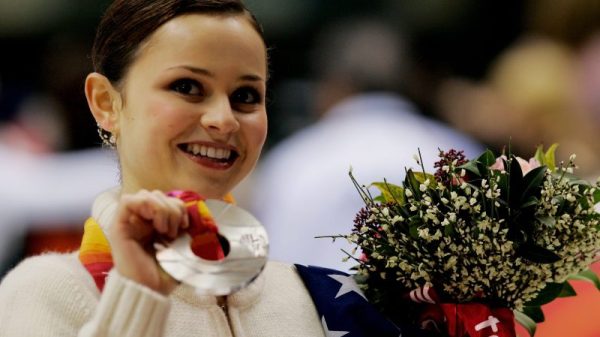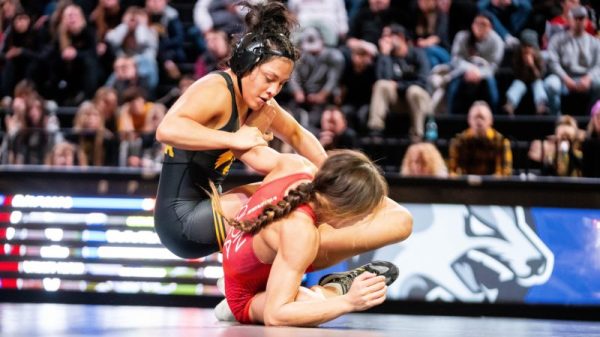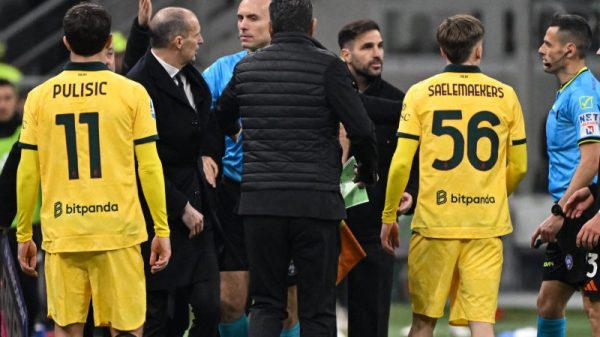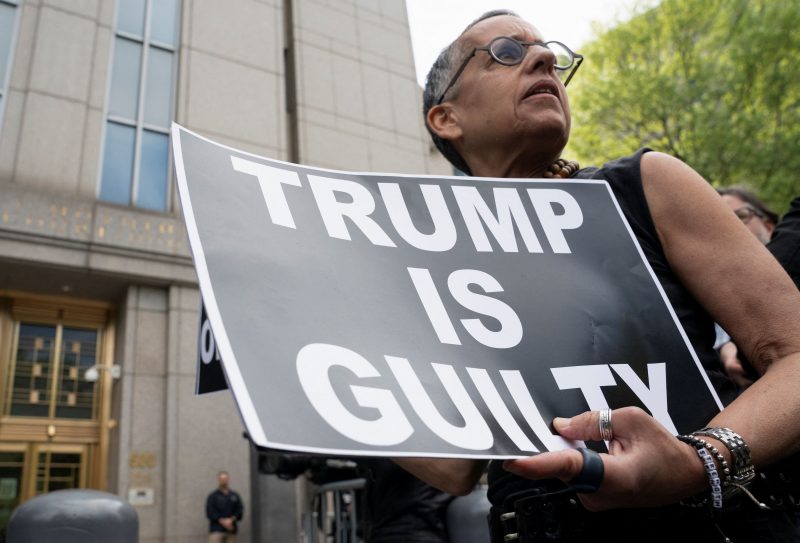With the obvious exception of the celebrity of the defendant, the civil trial that Donald Trump faced in New York unfolded as any other such trial might. There was evidence, there were depositions. Each side offered an opening statement. The attorney for the plaintiff, writer E. Jean Carroll, called witnesses and Trump’s attorney, Joe Tacopina, cross-examined them.
Tacopina did decide against presenting his own witnesses, a not-unheard-of tactic aimed in part at suggesting to the jury that the case against the defendant was weak enough to require no additional response. In retrospect, that may have been an error; on Tuesday afternoon, the jury returned a verdict finding Trump liable in defaming Carroll in response to her allegation that he’d assaulted her in a Manhattan department store in the mid-1990s.
The jury also determined that sufficient evidence existed to determine that the assault had actually occurred. Carroll was awarded $5 million in damages.
The trial is over, but the political battle Trump faces is not. For months, he has worked to squeeze the Carroll lawsuit into the large box holding all of his other legal threats, casting it as yet another effort by the left or the elites or the whoevers to block his political ascent and, by doing so, to render his supporters themselves inert.
As has been the case since he first cobbled together his “witch hunt” defense in response to reports about Russian interference in the 2016 election, Trump offered a steady stream of misinformation to his social media followers and supporters framing the lawsuit as biased, unfair and un-American. As the trial reached its conclusion, Trump began making noises about taking the stand, rebutting Carroll’s claims from within the courtroom.
While he was in Ireland last week, he pledged to do exactly that.
“I’m going to go back and confront this woman,” he told reporters. “This woman is a disgrace, and it shouldn’t be allowed in this country.”
There is no reason that this would appeal to Tacopina. If Trump took the stand, he would open himself to cross-examination from Carroll’s attorney — a real-time, under-oath opportunity to pick apart his claims and allegations. Tacopina appeared to let slip his frustration with his client; speaking during a sidebar with the judge last week, he reportedly said that Trump wasn’t going to show up.
“I know you understand what I am dealing with,” Tacopina told the judge.
Trump, in fact, did not testify. So how did he spin it?
“Waiting for a jury decision on a False Accusation where I, despite being a current political candidate and leading all others in both parties, am not allowed to speak or defend myself, even as hard nosed reporters scream questions about this case at me,” Trump said on Truth Social. “In the meantime, the other side has a book falsely accusing me of Rape, & is working with the press. I will therefore not speak until after the trial, but will appeal the Unconstitutional silencing of me, as a candidate, no matter the outcome!”
You’ll notice that this statement isn’t itself consistent: He is choosing not to speak until after the trial, but also he’s being “unconstitutionally silenced”? He’s “not allowed to speak or defend himself” but was going to “confront” Carroll?
You will also notice that it is obviously not true. He could have taken the stand if he wanted, perhaps giving Tacopina a coronary in the process. What’s more, he did speak — in a lengthy deposition at which he, lawyer at his side, answered various questions posed by Carroll’s attorney, getting in any number of digs about the lawsuit and his opponents. Had he taken the stand, he’d have had the chance to present his case — but also faced interruptions from Carroll’s attorney and, later, a cross-examination that benefited from having his deposition responses and rhetoric in hand.
How weak is this argument about being silenced? Even Fox News — as part of a lengthy exploration of the failure the verdict constituted for Trump — rejected the idea that this “silencing” would be the heart of his appeal.
“He was asked if he wanted to testify in person here and he declined, correct?” Fox News anchor Martha MacCallum asked legal commentator — and constant Trump defender — Jonathan Turley.
“Yeah, that dog won’t hunt,” Turley replied. “If that’s the argument on appeal, then it’s going to be a rather quick appeal.”
That probably won’t be the argument on appeal. A statement sent to reporters by the Trump campaign didn’t include any allegation about being silenced, focusing instead on how “this entire bogus case is a political endeavor targeting President Trump because he is now an overwhelming front-runner to be once again elected President of the United States.”
Again, though, there is a difference between what Trump says and what his campaign says, just as there’s a difference between what Trump says and his attorney said. For Trump, it’s more useful to tell his social media audience that the leftist elites are illegally muffling him than to suggest that the case was lost on the merits. It’s more useful, in part, because his core base of support has demonstrated repeatedly over the past eight years that it prefers his formulation of events to those of his opponents or to that crafted by reality.
Fox News isn’t biting. But maybe his fans will, and that’s good enough.



























